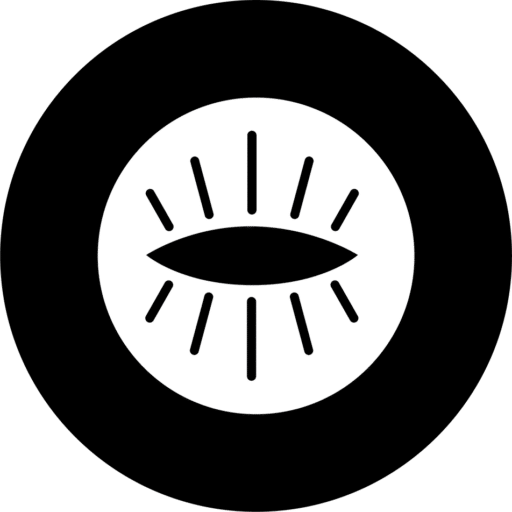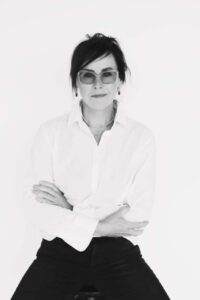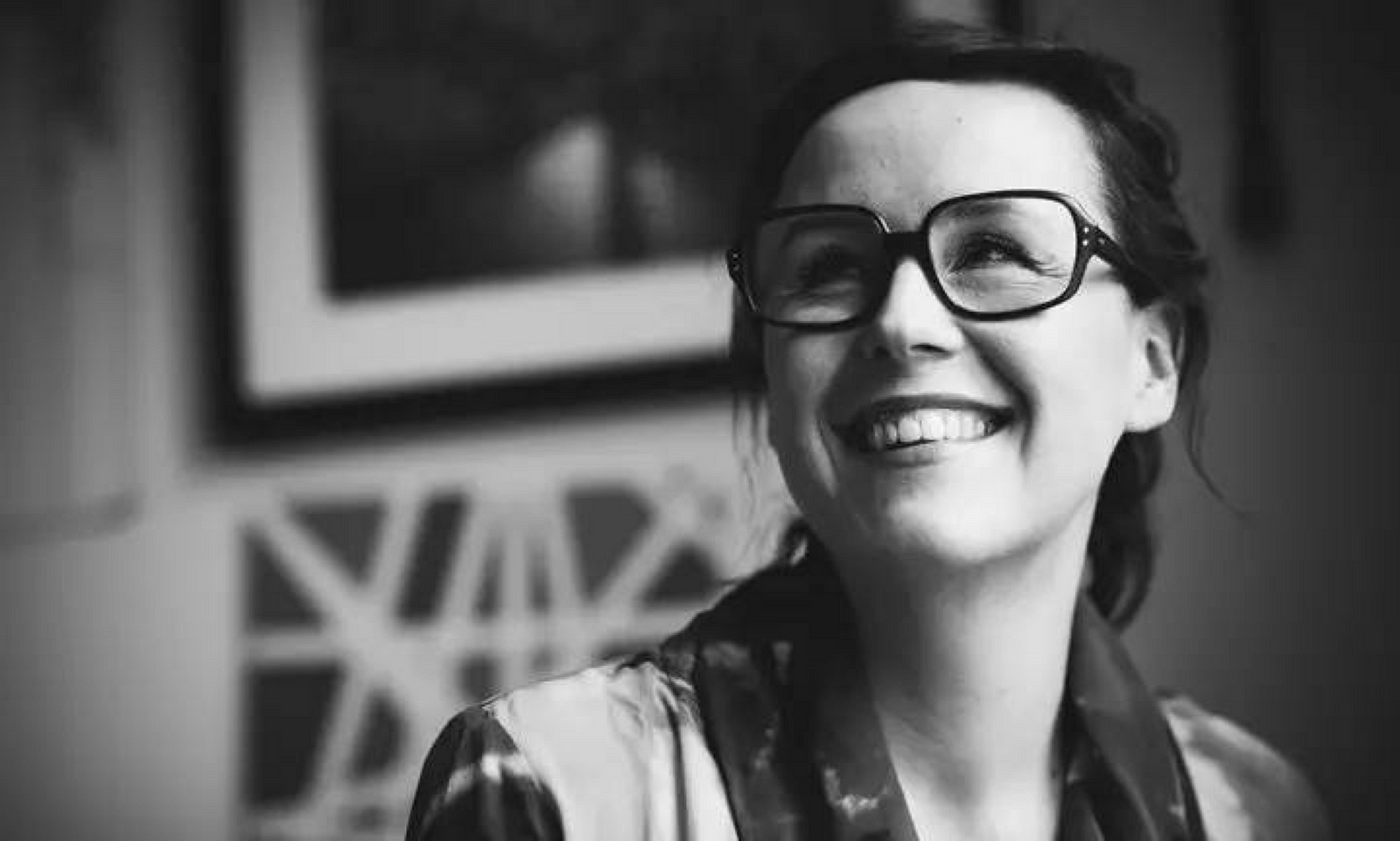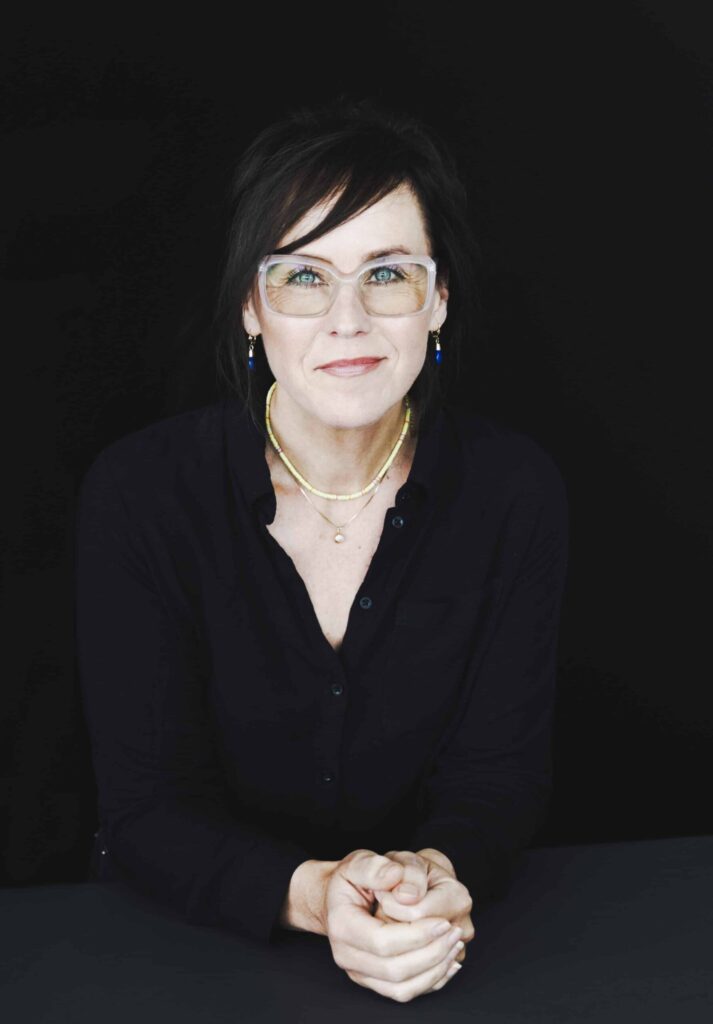[cs_content][cs_section parallax=”false” style=”margin: 0px;padding: 25px 0px 10px;”][cs_row inner_container=”false” marginless_columns=”false” style=”margin: 0px auto;padding: 0px;”][cs_column fade=”false” fade_animation=”in” fade_animation_offset=”45px” fade_duration=”750″ type=”2/3″ style=”padding: 0px;”][cs_text]Copied from Medium –
See original interview here.
Hrund Gunnsteinsdottir: Life is about Extending Borders
Hrund Gunnsteinsdottir is an Icelandic consultant, filmmaker, entrepreneur and a writer. She is the chair of the board of the Icelandic Technology Development Fund, which supports innovation and also the co-director and script writer of the documentary InnSæi — the Sea Within (2016).
As a consultant, Hrund has worked for the UN, specifically on gender and post-conflict reconstruction. Hrund was the program manager for UNIFEM in Kosovo and a statistician at the UNECE. In 2011, she was named a World Economic Forum Young Global Leader.
Q= 特赞Tezign
A= Hrund Gunnsteinsdottir
Q: Having so many titles (Consultant, Filmmaker, Entrepreneur, Writer), is there a specific role that you associate the most with? What are the similarities for each role that you have?
A: First of all, I don’t think there is a specific role or title that represents me entirely. Although it would be easy if I could tell people what you do in one title, for me that is a bit difficult. For me, I think a writer and an entrepreneur would be something that I relate to. Wherever I am, I am very analytical, I also think like a writer and a visual artist.
Before a writer actually writes a product, he or she has seen and sensed the world in a certain way. I pay attention to what I pay attention to, how people interact and the dynamics in my surroundings. And I think I am quite borderless or open-minded in the way I recognise information coming my way.
Q: Why did you first choose to study Social Anthropology, what made you interested in this subject? And how does that experience later affect you?
A: Social Anthropology had a lot of impacts on my work. One of the things that I learned was how do humans view the world. There is a theory in anthropology called ethnocentrism, and it means when you look at a different culture than your own or another person that is foreign to you, you view them through a lens of their culture, not yours. It is a very important tool for me because it allows me to listen closely to what people really try to convey through their words and actions. It also allows for compassion. And is often a great source of creativity and ideas.
Q: In 2016, you wrote and directed your first film InnSæi: the Sea Within (or the Power of Intuition as named on Netflix), can you please share with us what inspired you to produce this film and what are you trying to convey to the audience?
A: I wanted to explore this topic because I felt we were kind of stuck in a world of metrics and ‘tangible truths’, while most things that shape our lives are elusive, beyond words and numerical measurement. When the financial crisis and fall of the banks in Iceland happened in 2008, a lot of people lost their jobs and trust in their government. They wanted to rethink their own and our society’s values.
At that time, I started a university program called Prisma. It was cross-disciplinary and sharpened our understanding of what I like to call ‘the two rhythms’ the creative rhythm and the rational or analytical rhythm, and how to balance the two. The result from the program was so inspiring, people transformed and some really found their sense of purpose. Most students were unemployed at the beginning of the 8 weeks program, but 2 months after graduation, 88% of our students had become economically active. After seeing the good results, I wanted to deliver that to a global context. Instead of doing a PhD, I did a documentary film.
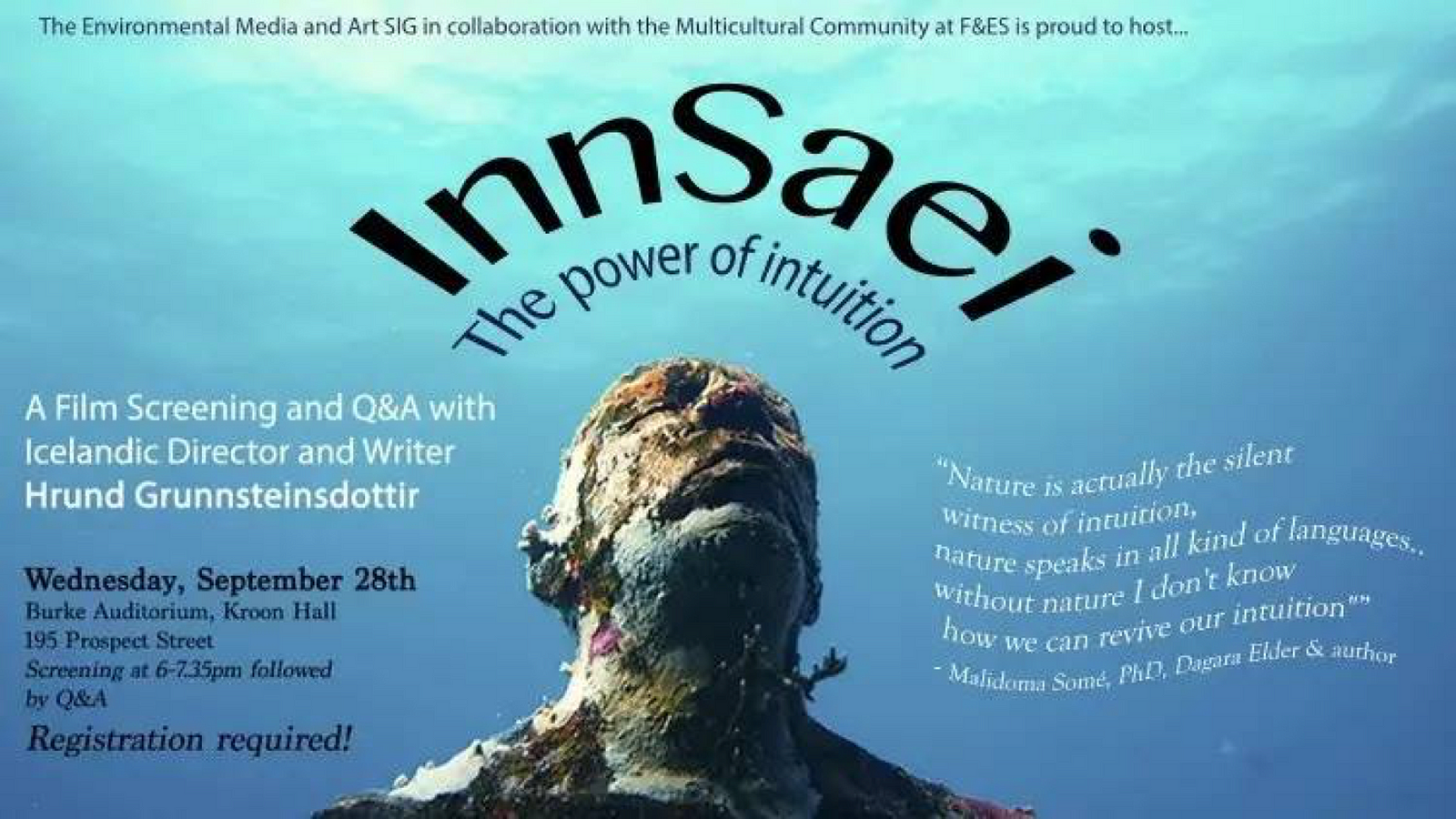
Q: As a former director of Prisma Education, what do you value the most? What’s your future plan?
A: In 2004, I hit a wall in my life and resigned from a permanent position at the UN. To me, that was one of those life’s decisions. In important ways, I felt we were serving a system, instead of the system serving people and the planet. And I felt the work culture was limiting for people’s initiatives, ideas and drive. I started thinking about what would have been the education of my dreams, and so I wrote down a few ideas. I think education is so important to each individual out there because it forms how we view things and how we think about our place in this world.
Right now, I am working on developing a new project, a university module, in which we aim to bring in students who study different disciplines from a few universities. We will explore the trends, challenges and issues that characterize the world today and tomorrow, for example, the fourth industrial revolution. We explore these from the lens of critical and creative thinking. Cross-disciplinary, critical and creative approaches are what I like to focus on. Another core thing of this program is to work with the young people in Iceland and help them to develop a long-term vision for how they see the future of Iceland in an international context. This is still work in progress, but fingers crossed with will take off in the fall.
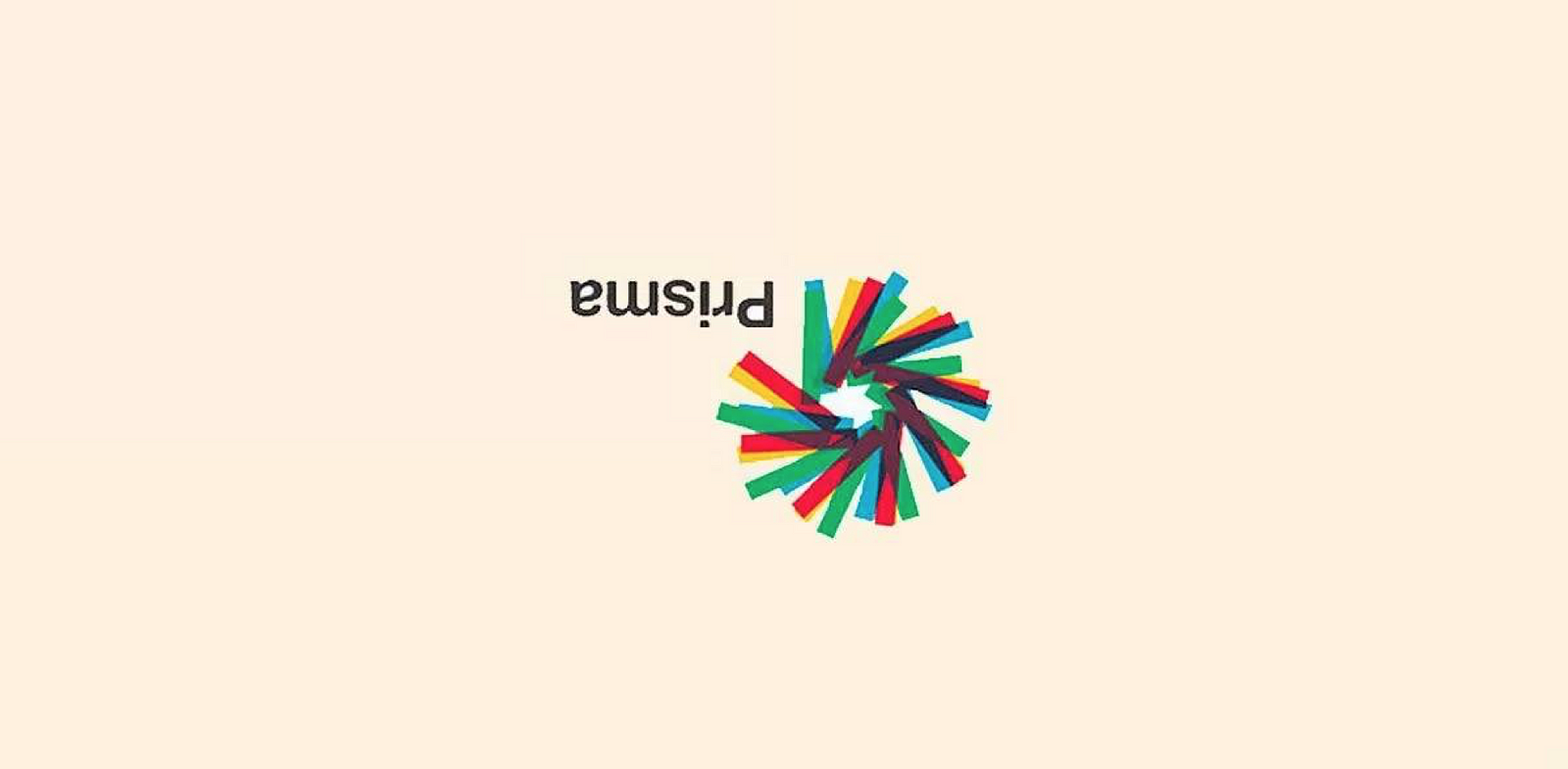
Q: How do you usually find teachers or faculties for this program? Is there a specific standard that one has to meet?
A: When I did Prisma in 2008–2010, I partnered up with the Arts Academy, a business university and an association of independent scholars. We all wanted to offer an alternative option in education, to respond to what was going on in the country. Then, our program got of positive attention, it seemed people felt this was a good idea and so getting great speakers and professionals on board was not difficult.
Q: What do you think the uneven distribution of education resources in the world today?
A: First, I think it is uneven and unequal. Also, I think the way we assess people’s education needs to open up. When we apply for a job, our title (BA, MA, PhD) does not always represent our knowledge and experiences. We need to open up to people’s experiences, learning experiences that do not necessarily give them official badges to carry around, and we need to consider their education differently.
Q: What is your opinion how using advanced technology, such as AI, to solve the uneven distribution of educational resources?
A: Definitely, technology can help open up new educational resources. Also, artificial intelligence can help us to refine our judgement and in many cases help us to take better decisions.
My overall opinion about technological advancement and the fourth industrial revolution is that we have to remember the basic thing: technology is a means to the end, and it is not an end itself. We ask ourselves what is the purpose of this? From my perspective, the purpose should be to support humane ways of living and protect our planet, the natural world, which we tend to forget that we are part of.
Q: What does it mean to you to be a Young Global Leader in WEF? What are you hoping to achieve or contribute as a YGL?
A: When I was elected as a YGL in 2011, I was first of all deeply grateful. I thought it was a wonderful gift, a way for me to connect with like-minded people. I still think the same.
For my film InnSæi, I interviewed a lot of people that I had connected with through the WEF and the YGL community. I think the YGL community is very important for our world today, I would love to have more artists and philosophers in the group to ensure diversity.
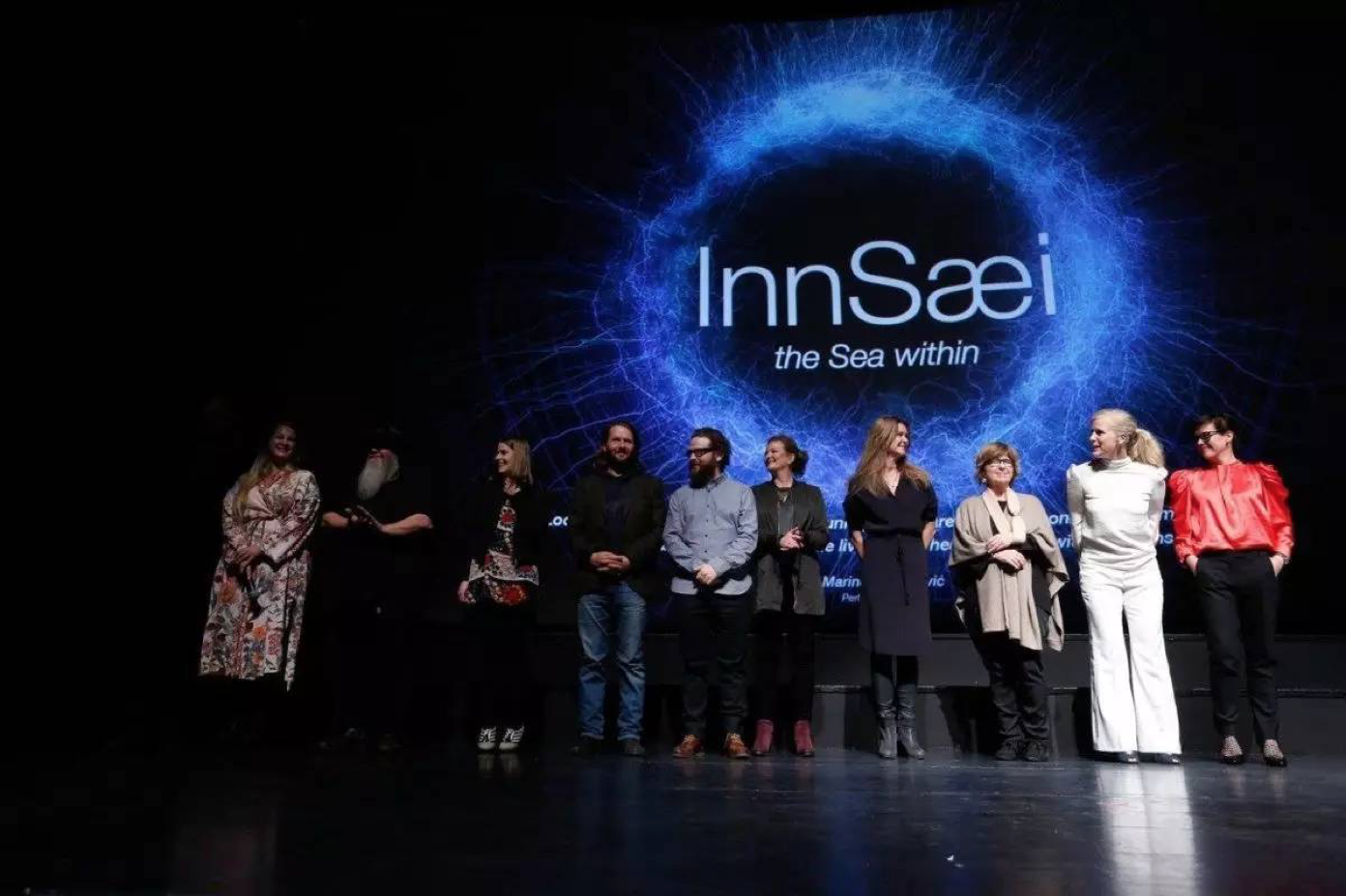
Q: Can you share with us about your experience at the United Nations — — What has been one thing that you have learned from being part of the UN? What made you decide to resign from the role?
A: Although the UN is filled with people who are passionate about solving the issues in the world, I think the UN is also very bureaucratic and hierarchical. It needs to do better at serving the people and the planet it supposed to serve. The only thing that is certain about the world we live in today is uncertainty. The changes taking place are happening at an unprecedented speed and no one knows what the world will look like in 10 years from now. The world needs the UN. And we need it to function on the ideals it was founded on. But it needs to be more adaptive to changing times. More flexible. More connected to the world around it.
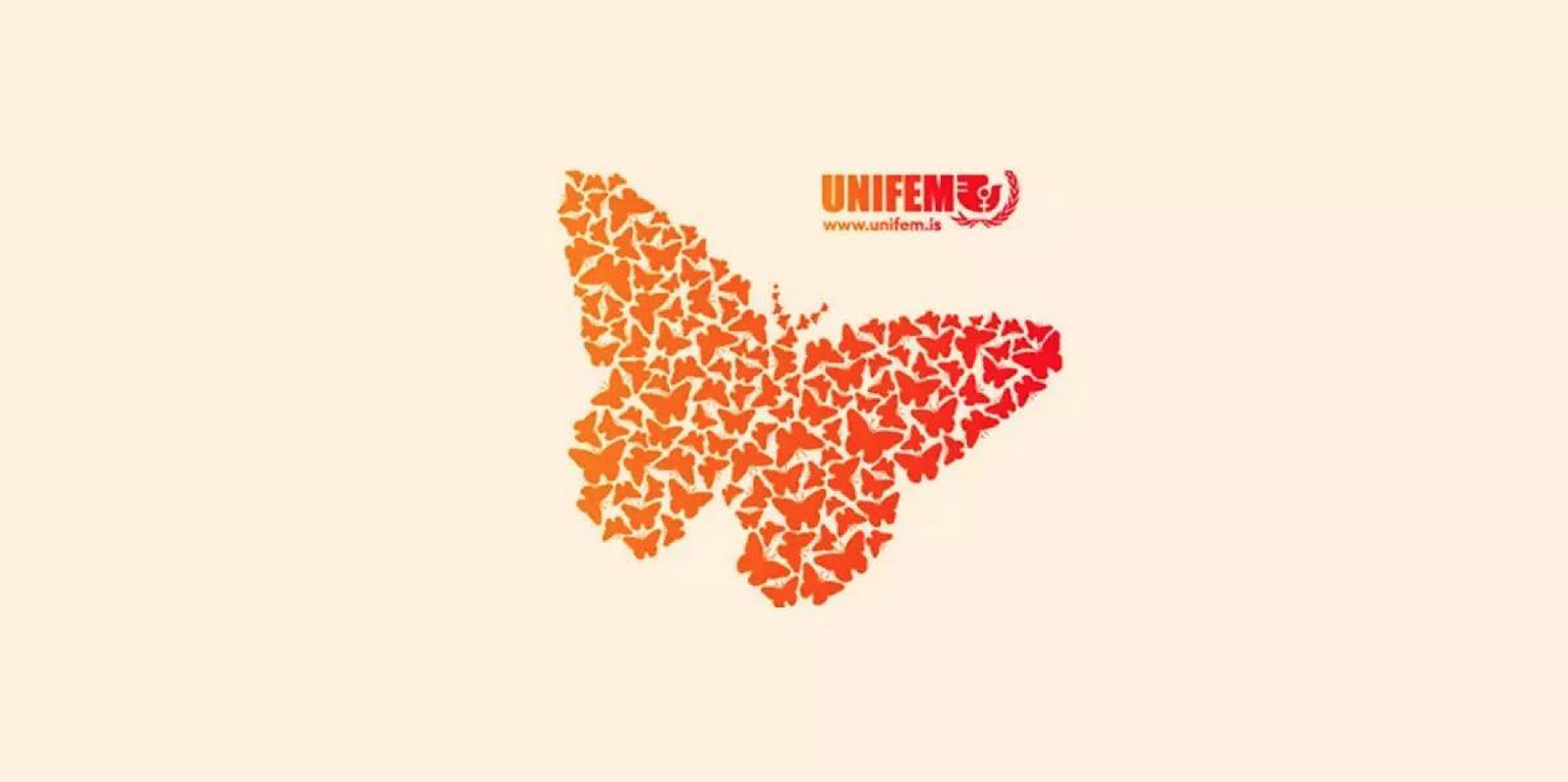
Q: What’s your opinion towards gender equality? How do you define your own happiness? Do you have any suggestion for female entrepreneur?
A: I think we still have a long way to go. We have reached far, but we still have a long way to go. I would advise young women to support each other. Mindsets and biases are a big problem. We have enough facts to support the case for women’s liberation, women’s rights and gender equality. If there is a bias, face it and then act on it, don’t deny it. Have the courage to find a way to do this. As a woman, you need to know who you are and what you want to be. My advice for young women is don’t try to be a man or something else than you are, be exactly who you are.
Interview | Ziling Zhang, Chenglin Lu
Edited by Yang Zhao
[/cs_text][/cs_column][cs_column bg_color=”hsla(0, 14%, 63%, 0)” fade=”false” fade_animation=”in” fade_animation_offset=”45px” fade_duration=”750″ type=”1/3″ style=”padding: 28px 0px 0px;”][x_share title=”Share this Post” share_title=”” facebook=”true” twitter=”true” google_plus=”false” linkedin=”true” pinterest=”false” reddit=”false” email=”true” email_subject=”Hey, thought you might enjoy this! Check it out when you have a chance:”][/cs_column][/cs_row][/cs_section][cs_section bg_color=”hsla(0, 36%, 74%, 0)” parallax=”false” style=”margin: 0px;padding: 0px 0px 45px;”][cs_row inner_container=”false” marginless_columns=”false” bg_color=”hsla(0, 29%, 81%, 0)” style=”margin: 0px auto;padding: 0px;”][cs_column fade=”false” fade_animation=”in” fade_animation_offset=”45px” fade_duration=”750″ type=”2/3″ style=”padding: 0px;”][x_line class=”pbn” style=”border-top-color: #b75e08;border-top-width: 2px;”][x_custom_headline level=”h2″ looks_like=”h3″ accent=”false” class=”pbm”]More News[/x_custom_headline][x_recent_posts type=”post” count=”3″ offset=”” category=”news” orientation=”horizontal” no_sticky=”true” no_image=”false” fade=”false” class=”pbl”][x_button type=”transparent” shape=”rounded” size=”global” block=”false” circle=”false” icon_only=”false” href=”https://www.hrundgunnsteinsdottir.com/category/news/” title=”” target=”” info=”none” info_place=”top” info_trigger=”hover” info_content=”” style=”float: right;”]all posts in news[/x_button][/cs_column][cs_column fade=”false” fade_animation=”in” fade_animation_offset=”45px” fade_duration=”750″ type=”1/3″ style=”padding: 0px;”] [/cs_column][/cs_row][/cs_section][/cs_content]
